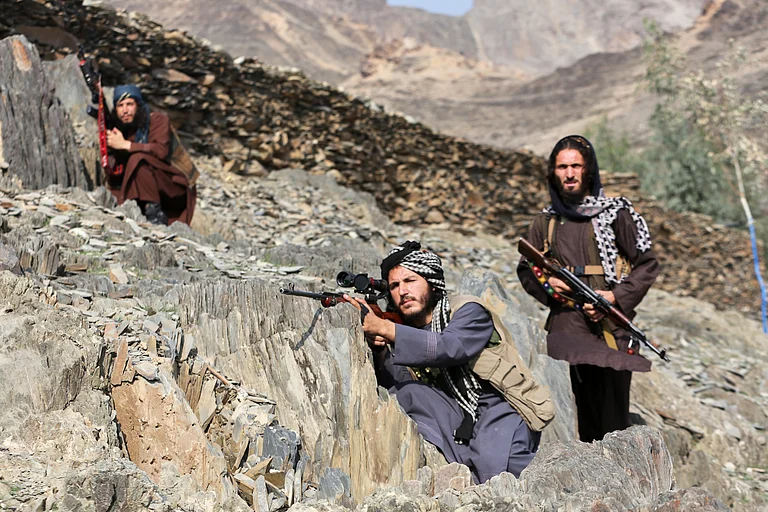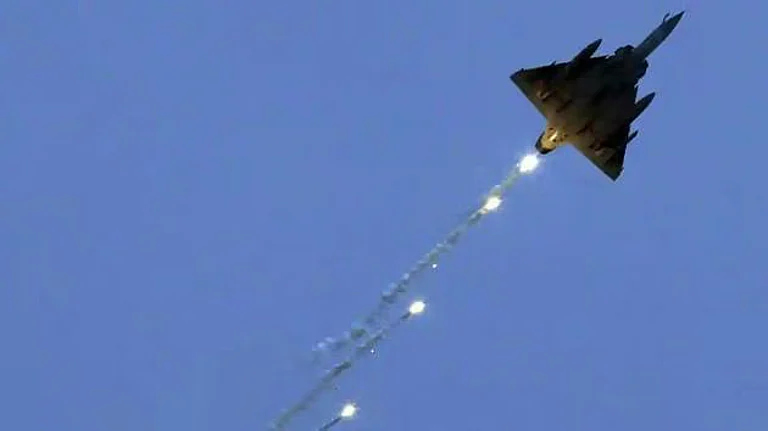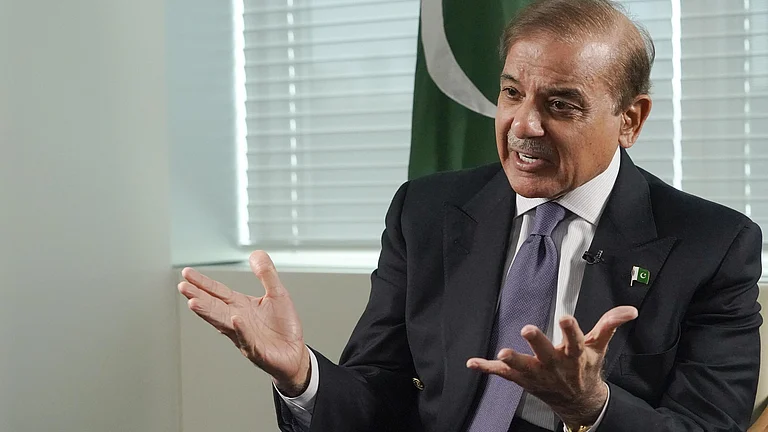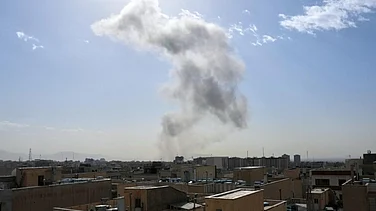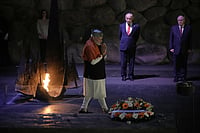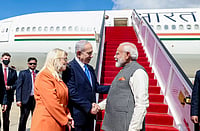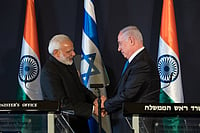
Taliban FM Amir Khan Muttaqi visited India, met EAM Jaishankar, and India upgraded its Kabul mission without formally recognising the Taliban.
India announced health aid, medical equipment, and more visas for Afghan students; Taliban invited Indian companies for mining projects.
Engagement driven by strategic considerations, including Taliban-Pakistan ties, despite the group’s restrictions on women.
It was a moment of striking diplomatic irony when Amir Khan Muttaqi landed in India and was received with much warmth and enthusiasm by the Indian government.
For years, New Delhi shunned the Taliban as a brutal, extremist force—one it blamed for multiple attacks on Indian interests in Afghanistan, including two deadly assaults on the Indian embassy in Kabul that claimed, among others, India’s defence attaché and a young IFS officer. Yet, as Muttaqi stepped off the plane on Thursday, years of silence and disengagement between India and the Taliban regime was replaced by a new chapter in New Delhi’s Afghan policy.
Muttaqi met with foreign minister Subramanyam Jaishankar early afternoon and the talks revolved around taking the relationship forward. India, like the rest of the world, does not formally recognise the Taliban government. In fact Muttaqi himself is under UN sanctions. New Delhi had to take special effort and ask permission from the UNSC Sanctions Committee for his weeklong visit to India.
Upgrades Embassy
Coinciding with the minister’s visit, India has upgraded its "technical mission’’ in Kabul to a full fledged embassy, a sign that New Delhi is keen to expand its footprints in that country. This does not however mean that India has recognised the Taliban government.
The Taliban’s treatment of women, its disregard for minorities and non-representation of either has led the international community not to recognise the Taliban government. However none of this has made a difference to the hardline conservative clergy that now controls Afghanistan. The situation for women in that country is getting worse every day. Women are denied education, cannot leave their homes without a male chaperone, cannot be in workplaces with men, banned from public spaces and can no longer work even in the health sector that earlier employed women in large numbers.
It was in full-display today when Indian women journalists were not invited to Muttaqi's interaction with the Indian media at the Afghan embassy in the Capital.
Yet democratic India now appears to go out of its way to woo the Taliban and has announced generous dollops of developmental aid.
``Your visit marks an important step in advancing our ties and affirming the enduring friendship between India and Afghanistan,’’ Jaishankar said in his opening remarks at the bilateral meeting with Muttaqi. The two had spoken on the phone earlier but as Jaishankar emphasised: "However, a meeting between us in person has a special value in allowing us to exchange perspectives, identify common interests and forge closer cooperation.’’
India announced six new health projects in Afghanistan. Quite apart from that "A gift of 20 ambulances is another gesture of good will and I would like to handover 5 of them to you personally as a symbolic step. India will also provide MRI and CT scan machines to Afghan hospitals and deliver vaccines for immunization and cancer medicines. We have also supplied drug rehabilitation materials through UNODC and are open to doing more,’’ Jaishankar said.
The Taliban reciprocated India’s generosity by inviting Indian companies to explore mining opportunities in Afghanistan. Jaishankar said this gesture is ``deeply appreciated.’’ Afghanistan is said to have huge deposits of copper, iron, gold, lithium and rare earth minerals, estimated to be worth trillions of dollars. Much of it has not been extracted.
China already has a major copper mining project in its kitty. Education.
The good news for Afghan students is that New Delhi is now ready to grant more visas to them. Soon after the Taliban came to power, India suspended issuing fresh visas and students had a tough time extending old travel documents. There will be more opportunities for Afghan students in Indian universities, business men and those seeking medical help will also get easier access to Indian visas.
When the Taliban government condemned the terror attack in Pahalgam, New Delhi did not lose the opportunity to thank Kabul. Jaishankar spoke to Muttaqi for the first time over the phone. India has also taken care to ensure the flow of humanitarian aid to the Taliban after the recent devastating earthquake.
Strategic Calculations
The fact that the Taliban’s ties with India’s arch rival Pakistan, had rapidly deteriorated since the group took office in August 2021, led to a re-think in South Block. In the pursuit of realpolitik, the Taliban's refusal to grant women their rights are not taken into consideration.
Strategic calculation played a vital role in New Delhi’s outreach to the Taliban. China and Pakistan’s ``iron-clad friendship’’ is due in large measure to the fact that your enemy's enemy is your friend.
It is also a fact that during the last 20-years, India’s ties with both the Hamid Karzai and later the Ashraf Ghani governments were excellent. In fact Kabul and Delhi regularly raised their voice in unison against Pakistan’s sponsorship of terror in both countries. ``We must coordinate efforts to combat terrorism in all its forms and manifestations. We appreciate your sensitivity towards India’s security concerns. Your solidarity with us in the aftermath of the Pahalgam terrorist attack was noteworthy,’’ Jaishankar said to Muttaqi during their talks, perhaps in the hope of reviving the old equation with Kabul.
For a long time, even after the US and the Taliban worked out an agreement in 2019, and several countries held talks with their representatives in Doha, India was restrained. Having excellent ties with the former president Ashraf Ghani’s regime, India did not wish to go against his government. Despite close friend Russia asking India to begin engagement with the Taliban, New Delhi remained aloof. Now however all this is in the past. A major decision to engage with the Taliban has been taken.









